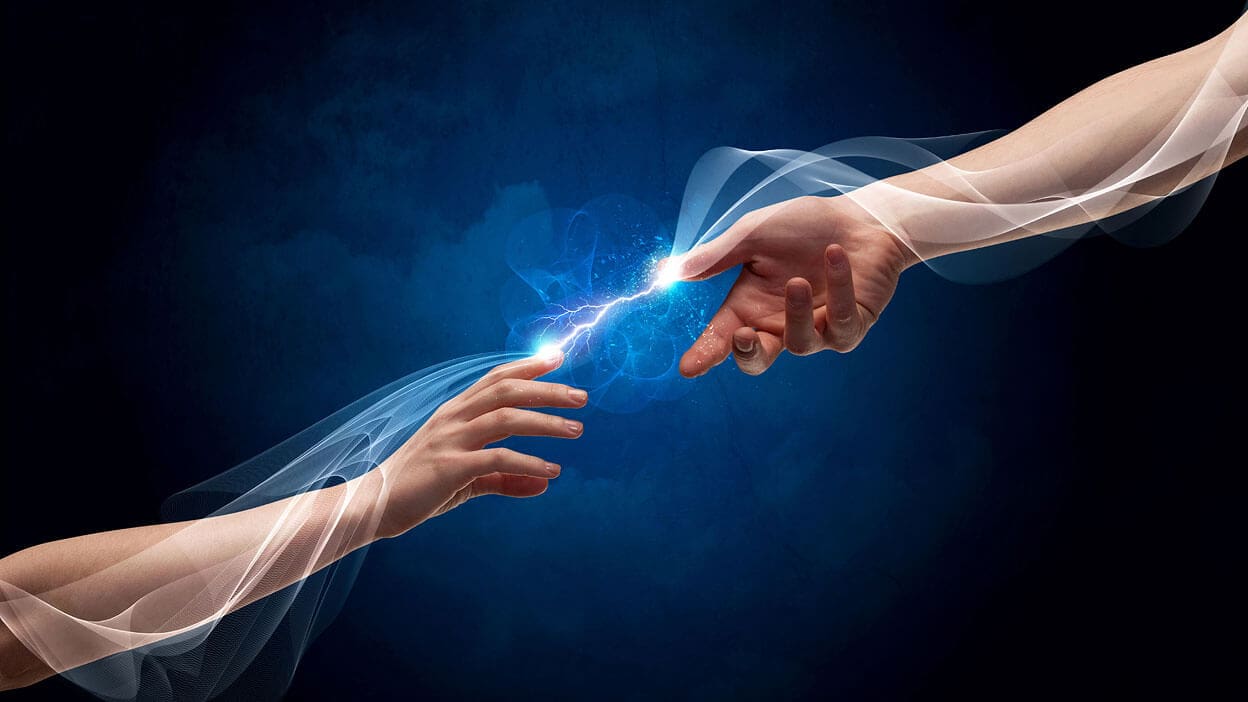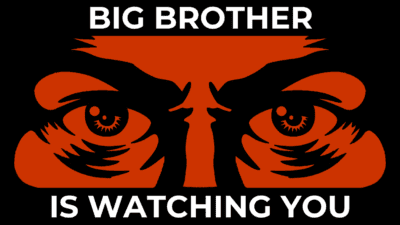Imagine for a simple moment that everything you believe you know about God is incorrect.
This isn’t blasphemy; it’s an invitation to rethink and break free from the constraints imposed on our minds.
Baruch Spinoza, a 17th-century Jewish philosopher excommunicated for challenging established beliefs, proposed a genuinely radical idea: God neither rewards nor punishes.
Many might question this, as we are taught from childhood that our actions have divine consequences – good deeds bring rewards, while sins lead to damnation and eternal punishment.
But what if this concept of God, with human traits like satisfaction or anger, is merely a projection of our own fears and desires? Spinoza dared to challenge this paradigm, leading to his excommunication, rejection and ostracism.
Questioning the foundations of traditional faith and proposing a different vision of God touches sensitive nerves. Why was Spinoza’s proposal so revolutionary, and why does it still provoke irritation among conservative religious circles? The answer is simple yet profoundly complex.
Spinoza invites us to liberate ourselves from fear and understand that our relationship with the divine isn’t governed by a system of rewards and punishments. It’s not like being in a cosmic school where we are rewarded or punished.
In this liberation, we may find the path to personal growth. To grasp Spinoza’s revolutionary thought, we must understand his proposal: God is not separate from nature, not a judge on a celestial throne watching our every action.
For Spinoza, God and nature are one – Deus sive Natura.
This statement’s magnitude is immense.
We’re discussing a God not outside but within everything that exists – a God who is the universe’s very substance, expressing through infinite attributes, of which we perceive only two: thought and extension.
When we truly understand this, the idea of a God who rewards or punishes fades away. How could the totality of being reward or punish itself? It’s like an ocean punishing a wave for being too high or rewarding another for its symmetry – it makes no sense because the wave is the ocean.
Many religious people feel something precious is taken from them – the comfort of a personal God who cares for them, guiding them with rewards and punishments. But Spinoza offers something else: not emptiness or hopelessness but a higher form of connection with the divine.
A relationship based on understanding and intellectual love of God, not fear or hope for reward. In that love and deep understanding of our connection to something greater than ourselves, we find serenity beyond any external reward.
If God neither rewards nor punishes, what happens with our actions? Are they random and without consequence?
Far from it. In Spinoza’s universe, everything is determined by necessity and natural laws governing existence. Our actions have consequences – not divine rewards or punishments but natural effects stemming from our acts. Like a stone falling due to gravity, not because God punishes it for rising.
When we act kindly and cultivate respectful relationships, we experience serenity – not as an external reward but as a natural consequence of living harmoniously with our deepest nature.
Spinoza was ahead of modern psychology, understanding that happiness doesn’t depend on external rewards but on internal coherence in our actions.
Isn’t it liberating to imagine living without the weight of divine judgment or anxiety over merits in a celestial accounting? Instead, we can flow with nature, understanding its laws and living accordingly.
“Happiness is not the reward of virtue,” wrote Spinoza, “but virtue itself.”
We don’t do good to be happy later; we’re happy in doing good now because it’s harmonious with our divine nature.
This deep understanding offers freedom no promise of heaven or threat of hell could match. Spinoza’s vision challenges our deepest fears – fear of judgment, fear of being insufficient, fear of eternal suffering for mistakes. For centuries this fear has been used as control – behave well or face God’s wrath.
Spinosa offers an alternative – a relationship with the divine not based on fear but knowledge and understanding of our nature and place in the universe. “The knowledge of God,” he wrote, “is the supreme good of the soul.” Not fear or blind obedience, but knowledge – understanding we’re part of something greater and participating in the divine nature.
Replacing fear with knowledge frees us from acting well out of fear and instead acting well because it aligns with our true nature.
Consider how much energy is spent worrying if our actions please a judging God or fearing crossing lines others set for us. Spinoza’s proposal redirects that energy – not toward external approval but toward understanding our essence and expressing it fully.
In that authenticity lies joy beyond any external reward.
It’s understandable this vision provokes resistance, especially in those whose identity hinges directly on traditional ideas of a rewarding and punishing God.
When Spinoza proposed these ideas, he faced excommunication – was labelled a heretic and cut off from family and friends.
Why such virulence? Because Spinoza questioned not just theological doctrine but religious power structures themselves.
If God doesn’t reward or punish and there’s no supreme judge delegating authority to earthly representatives. What then is the purpose of religious figures?
Spinoza observed that humans often create universal concepts, both natural and artificial, which they treat as reality. Among these is the notion of a god with human traits magnified – boundless love but also immense wrath, infinite generosity but also eternal punishment. He challenges us to see this as a human creation, not ultimate truth.
His philosophy is revolutionary and liberating. By ceasing to project our emotions onto an external god, we take responsibility for our lives. No longer can we say we suffer due to divine punishment or thrive due to divine favour. We must confront reality, complex and chaotic, ruled by natural laws indifferent to our desires.
In this acceptance – without relying on a divine “fixer” – we find a deeper peace.
Consider how living with this understanding transforms our relationship with the divine and ourselves. Acting without expectation of external rewards or fears leads us to authenticity, aligned with our true nature.
Spinoza expressed it clearly: human freedom lies not in free will but in living according to our essence, not external causes. We are free when our actions resonate with our deepest nature, which he saw as part of the divine.
Imagine a society where good deeds stem not from fear of hell or hope for heaven, but from understanding our interconnectedness. If God is nature and we are part of nature, then harming others harms ourselves – not metaphorically, but as a metaphysical truth.
This vision of unity is Spinoza’s legacy for us today.
In times of individualism, his philosophy reminds us that we are not isolated entities but expressions of one fundamental reality. This insight is not just philosophical; it guides us to live more fully and authentically.
Spinoza’s ideas remain controversial because they demand more than theological adjustments; they call for a complete rethinking of our relationship with the divine, the universe, and not least ourselves.
Spinoza believed the ultimate goal is understanding – understanding our nature, the universe’s laws, and our place within something greater than ourselves.
In this comprehension lies wisdom and liberation – from fear of divine retribution and anxiety over potential future rewards. It moves us from an immature relationship with the divine to one based on intellectual love, grounded in personal understanding rather than fear or hope.
This path is not easy. It requires leaving behind the comforts of naïve faith, facing uncertainty, and taking full responsibility for our lives. Yet, Spinoza suggested it leads to true freedom and ultimate bliss.
In today’s global crises – ecological, social, spiritual – his revolutionary ideas offer a new way to understand ourselves and our connection to all things.
Recognizing our unity might be our greatest hope for the future.




